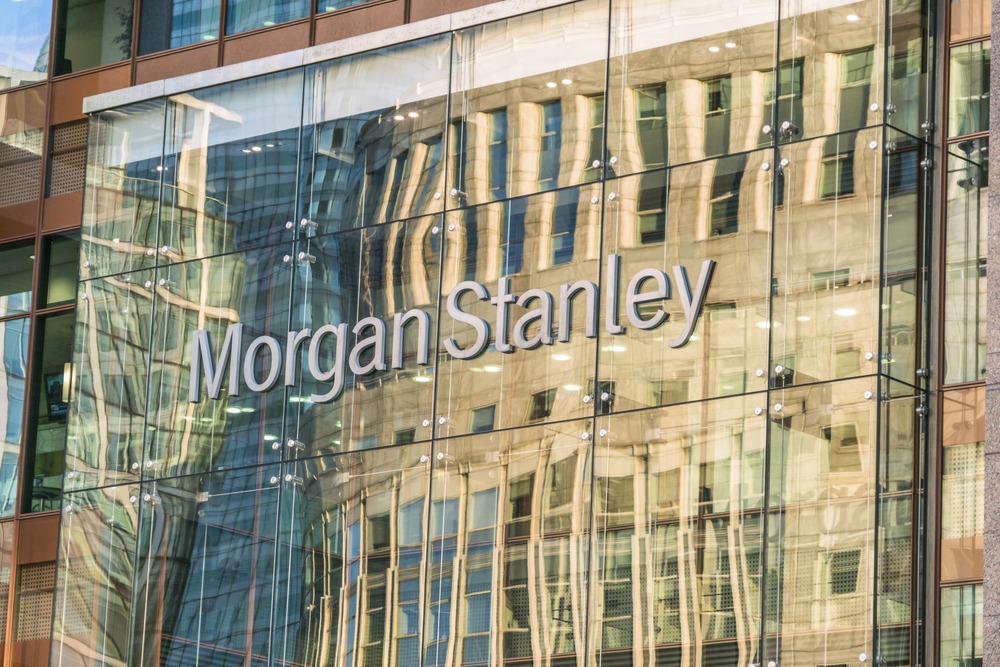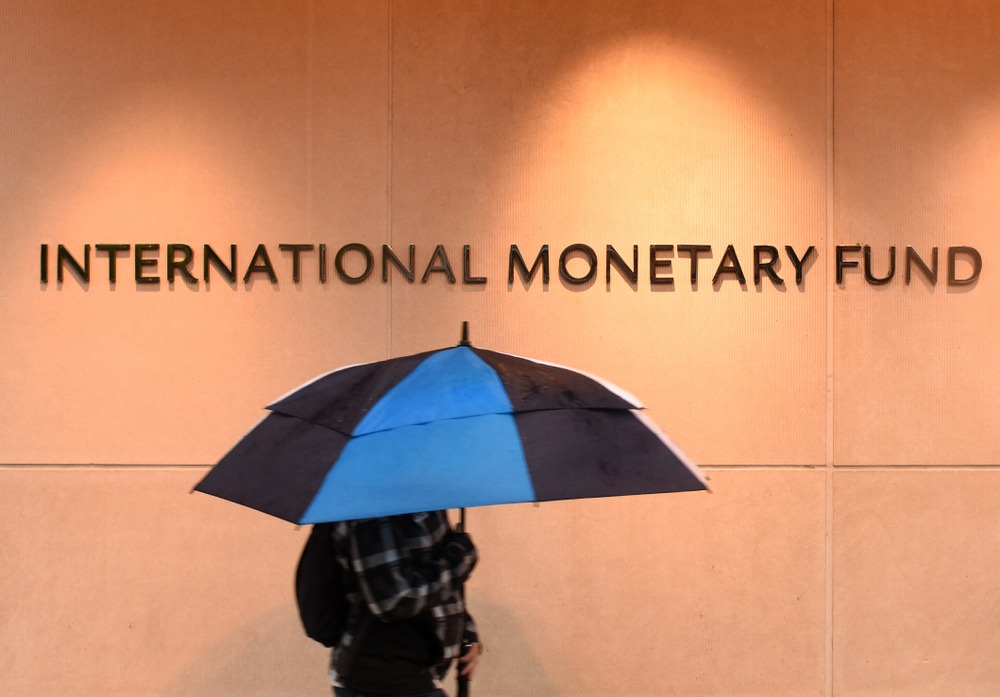Morgan Stanley reported a 150% jump in Q1 profit on Friday, sailing past Wall Street expectations. At the same time, it disclosed nearly $1 billion loss from the collapse of private fund Archegos.
On a call with analysts, the Wall Street powerhouse said that the one-off losses were related to a credit event. Subsequent losses were from a single prime brokerage client that it identified as Archegos.
It was one of six banks that had exposure to Archegos Capital Management. Archegos is a family office fund that defaulted on margin calls late last month and triggered a fire sale of stocks across Wall Street.
In a note to clients, Oppenheimer analyst Chris Kotowski said it’s not a financial event in the grand scheme of things. But it will likely raise concerns, he added in the note.
In premarket trading, Morgan Stanley’s shares were down more than 1%.
Overall results still beat expectations, despite the one-time loss. It wrapped up a strong quarter for Wall Street’s biggest banks which were largely benefitting from reserve releases. Moreover, gaining from record capital markets activity and a surge in trading volumes in the first quarter of 2021.
A rise in global deal-making also pushed investment banking gains.
A Spike in Trading
Partly driven by a Reddit-fueled trading frenzy in “meme” stocks, a spike in trading drove a 66% jump in revenue at Morgan Stanley’s institutional securities business. These stocks included GameStop Corp.
Unlike its rivals, both Morgan Stanley and Goldman Sachs Group Inc. lack big consumer lending units. That said, their exposure to loan defaults amid the pandemic was limited.
It also allowed them to focus on their core twin strengths in investment banking and trading. Its rivals include JPMorgan Chase & Co and Bank of America.
Net income applicable to shareholders rose to $3.98 billion, or $2.19 per share, Morgan Stanley said. That was in the quarter ending on March 31, from $1.59 billion, or $1.01 per share, a year ago.
Reports said that analysts were looking for a profit of $1.70 per share.
Net revenue rose 61% to $15.72 billion.
Like Goldman Sachs, Morgan Stanley benefited from an unprecedented rise in dealmaking. That was through special purpose acquisition companies (SPACs).
According to data, during the March quarter, global investment banking fees hit an all-time record of $39.4 billion.
During the quarter, Morgan Stanley conceded the second position in the league tables to JPMorgan Chase. But it still raked in robust investment banking fees. The league tables rank financial services firms on the amount of M&A fees they generate.
At Morgan Stanley, investment banking revenue more than doubled to $2.6 billion. And this was largely driven by the volume of SPAC deals.
The bank also generated record underwriting revenue from numerous high-profile IPOs of companies. These include Affirm Holdings and AppLovin Corp.













